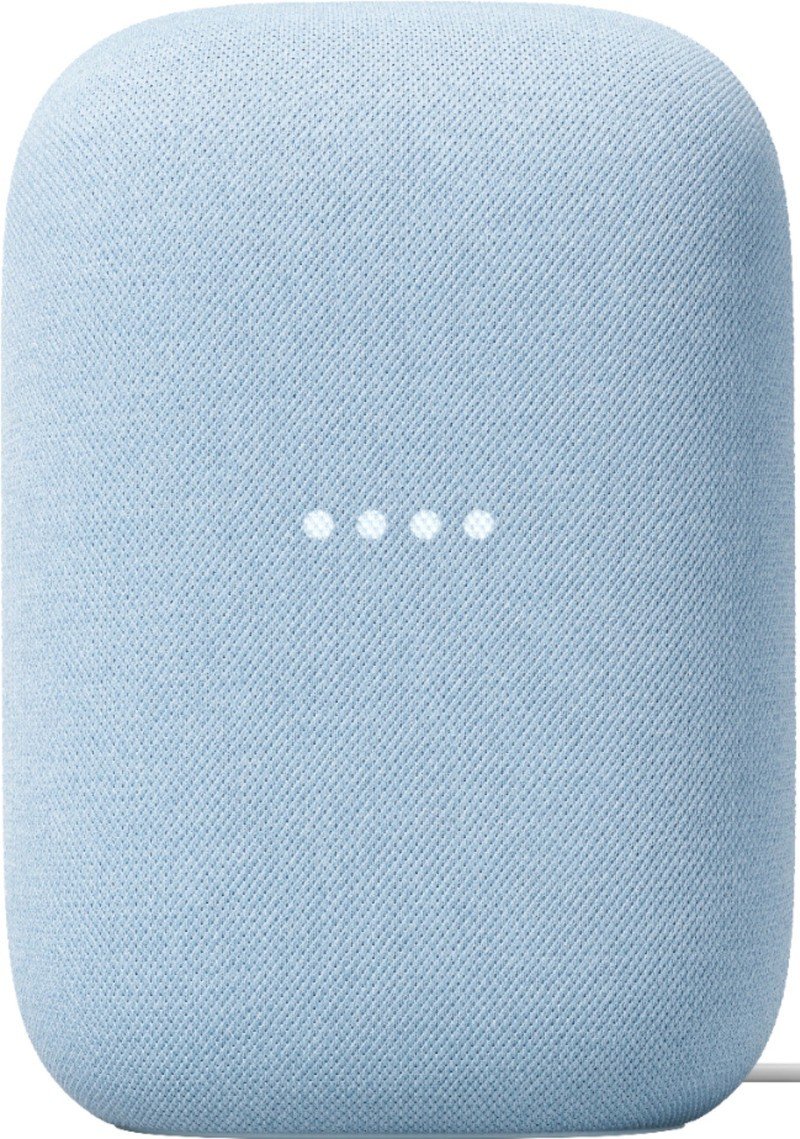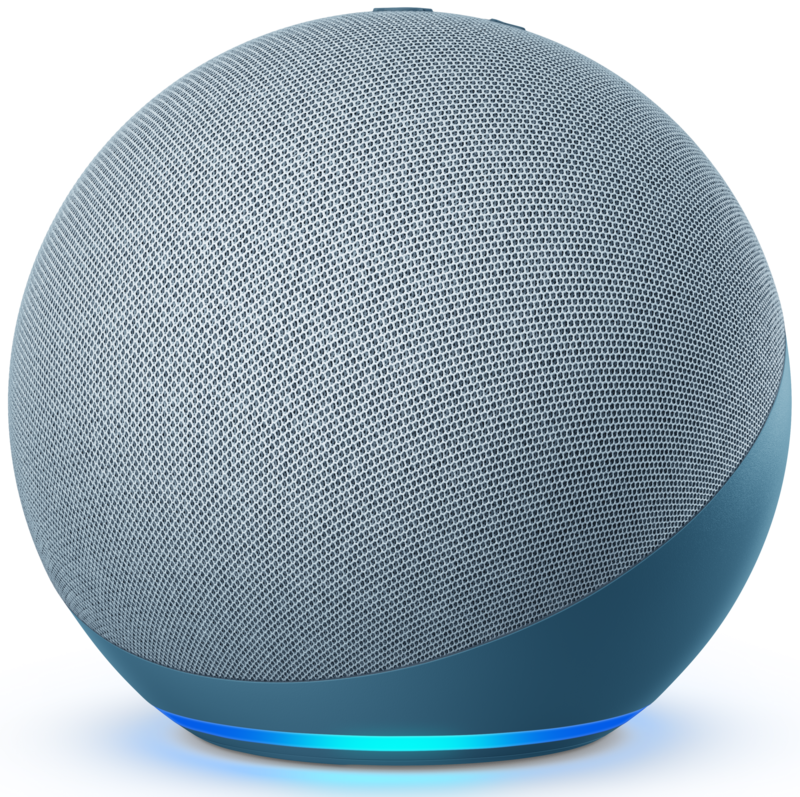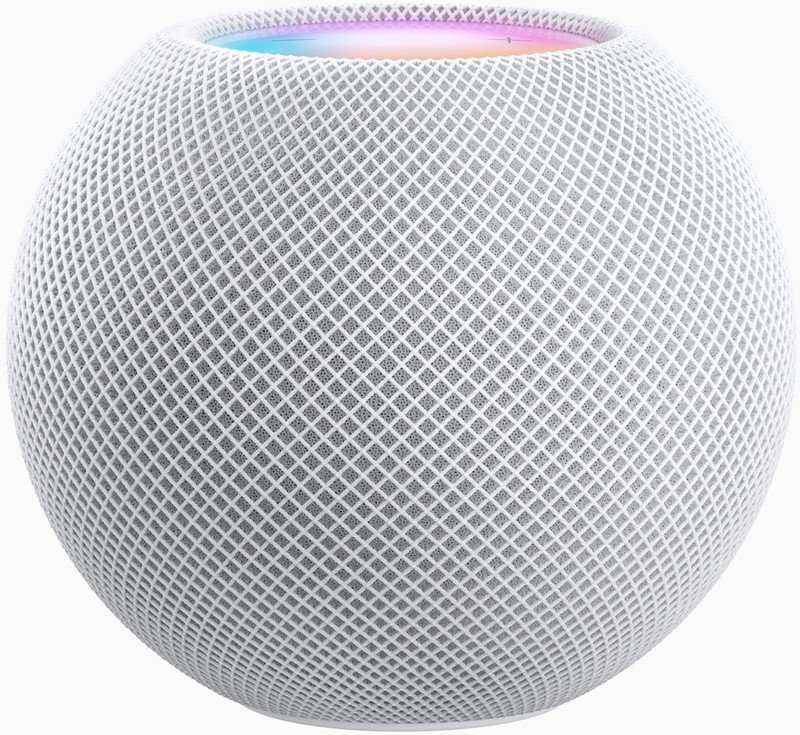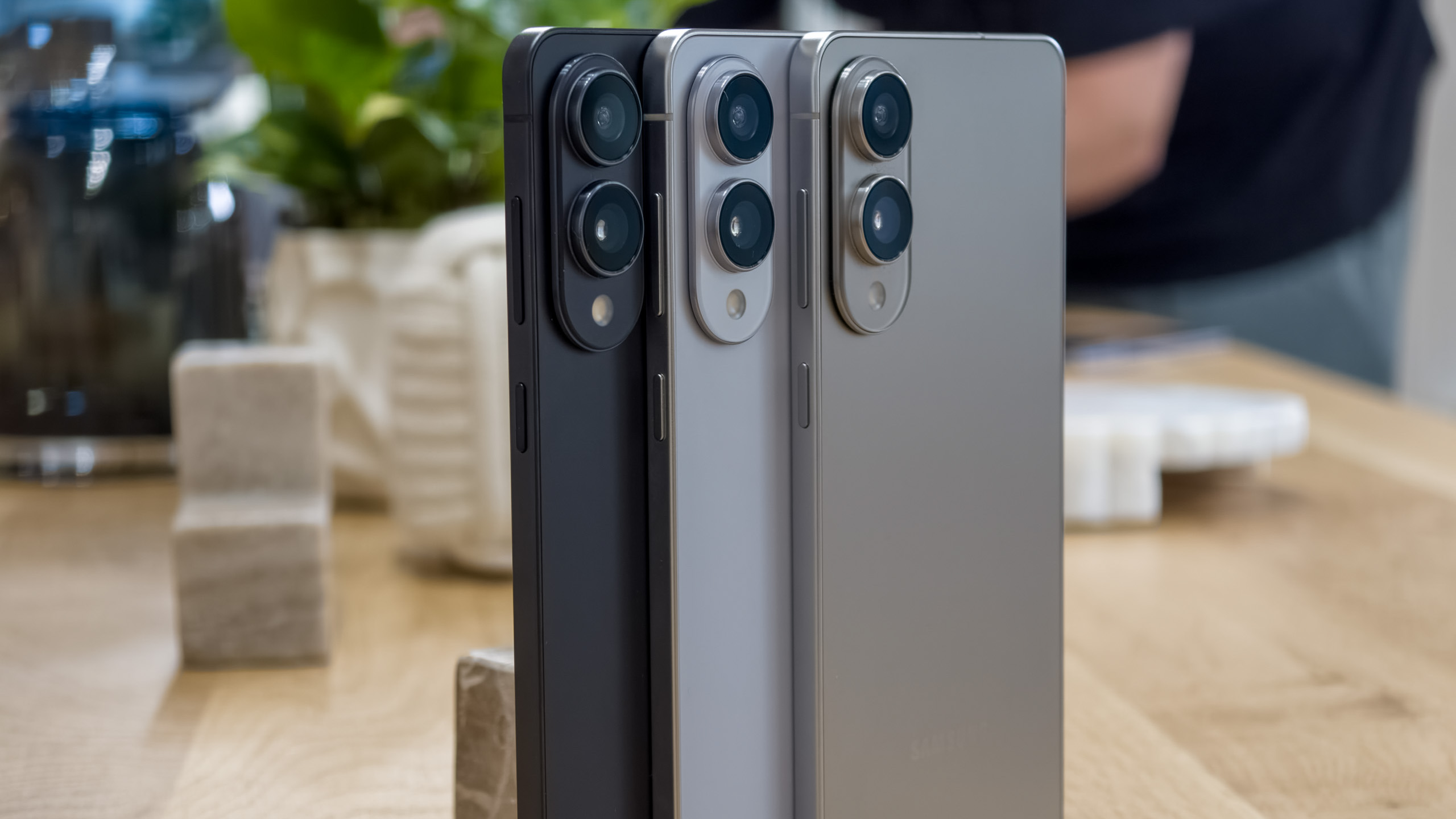The biggest mistake people make when buying a smart speaker on Black Friday
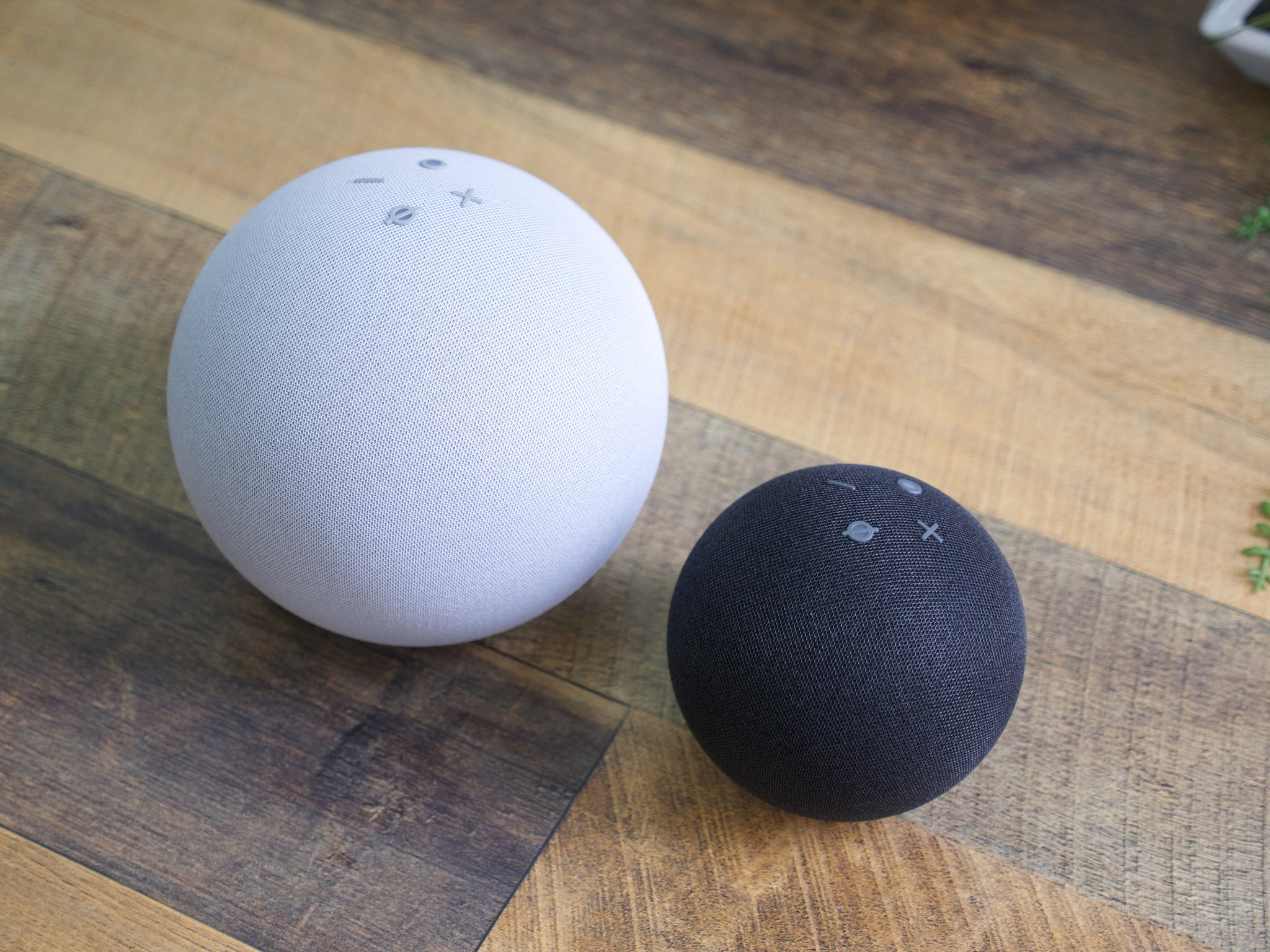
Black Friday is only a few days away, and you are more than likely already looking for deals on big-ticket items, including smart speakers. When it comes to smart speakers, they come in various sizes and price points, so it can be tough to choose the best for you.
However, the biggest decision you have to make is which ecosystem you want. Both Amazon and Google offer a handful of first-party options coming in at various price points, and some third-party devices also work with certain systems. However, the biggest mistake people make when buying a smart speaker is not knowing what ecosystem fits their needs best. What happens if they choose a smart speaker that doesn't work with their current ecosystem of products? Here's how to make sure you avoid that this Black Friday.
Choose your platform
Before you even look into any smart speakers at all, you'll have to choose a platform. If you have an iPhone, the only smart speakers available that have Siri are Apple's HomePods, which aren't the cheapest options on the market. But if you use an Android phone, you have the option of Google's Assistant or Amazon's Alexa (Google Assistant and Amazon Alexa work on the iPhone but are rather limited). Both of these platforms have pros and cons. Google Assistant will integrate with Google services, including Google Search and YouTube. At the same time, Amazon Alexa is more versed in shopping on Amazon, searching Amazon Music, and the rest of Amazon's services.
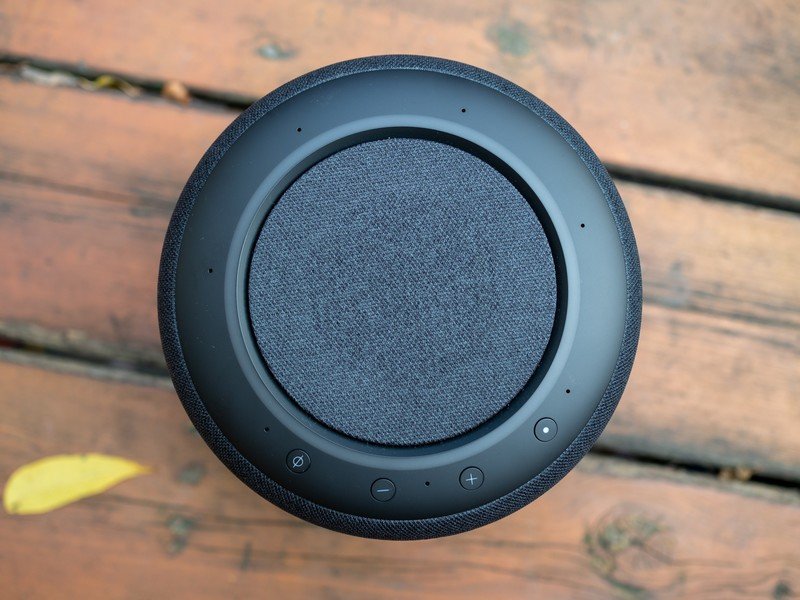
The difference here is that Alexa has a whole ecosystem of skills that users and developers alike have created. If you're looking to fine-tune and tweak your smart speaker experience, getting anything with Alexa built-in is the way to go.
Of course, the Google Assistant ecosystem is great if you already use the Assistant on your Android device. Picking up a Google Assistant-enabled smart speaker is essentially creating an extension of your phone. It allows you to do almost anything Assistant does on your phone but in a more convenient setup.
One size does not fit all
When looking at smart speakers, the obvious choices you have will be from the platform vendors themselves with the Amazon's Echo line of products, Google/Nest, and Apple's HomePods. Aside from the HomePods, there is a lot to choose from in terms of first-party options. You can get something as small as a Nest Mini, which is perfect if you're just looking for an assistant, or a Google Home Max, which will give you some serious sound quality but will take up a bunch of space.
Third-party smart speakers, which are more flexible in terms of product lineup and feature support, are a better option if you haven't bought into an ecosystem yet. Sonos products, for example, allow you to switch music streaming platforms or between ecosystems (Android to iOS, or vice versa). They support both Google Assistant and Amazon Alexa, as well as a plethora of other streaming services, including Audible, Pandora, Apple Music, and Spotify. The company's biggest selling point by far, though, is sound quality.
Get the latest news from Android Central, your trusted companion in the world of Android
Sonos also offers a plethora of different speakers, from bookshelf speakers all the way up to soundbars that hook up to your television. The best entry-level speaker is the Sonos One SL, which is one of the cheaper options from the company.
Outside of Sonos, you're pretty much looking at third-party options that support either Google Assistant or Amazon Alexa, though typically not both.
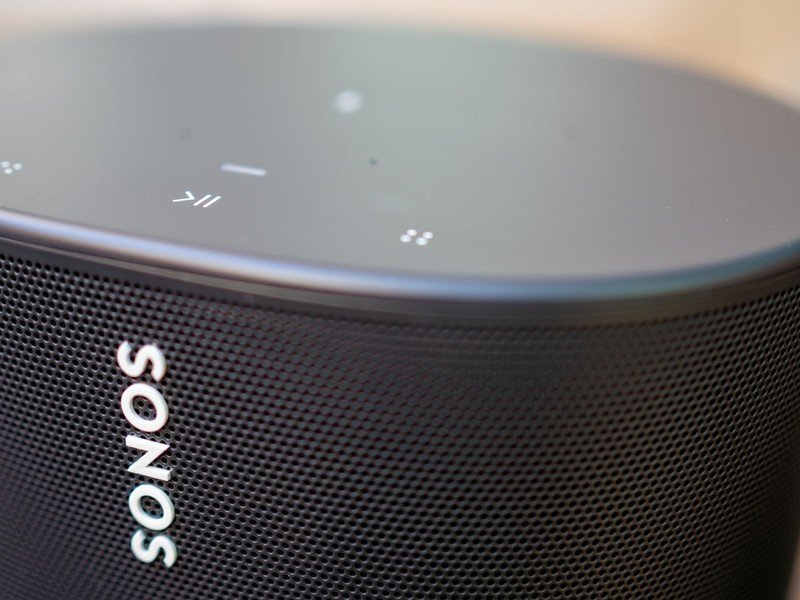
For Google Assistant-enabled speakers, take a peek at Bose's Home Speaker 500. You get Bose-quality sound, along with a mini display to show album artwork.
As for Alexa-enabled speakers, you'll have a ton of options such as the Ultimate Ears Blast. This portable powerhouse offers 12 hours of battery life, IP67 water and dust resistance, and can be paired with up to eight other Ultimate Ears Bluetooth speakers.
Do you want a screen?
Want the option to watch videos as well? Some smart speakers have screens. There aren't many options out there right now, but the market is growing.
For Amazon's ecosystem, you have the Echo Show lineup, and for Google, you have the Google Nest Hub devices. Apple's HomePods don't have a display, so if you're planning to go that route, you'll be relying on your iPhone if you want something with a screen. Both systems are capable of making video calls. The Echo Show can make calls to other Echo compatible devices or via Skype, or Zoom, while the Google Nest Hub can make Google Meet or Duo calls and can also handle Zoom.
Check the labels
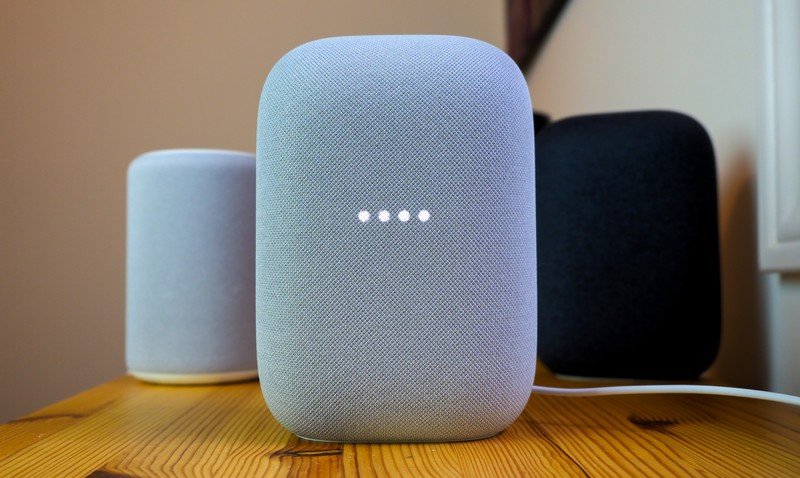
Once you've decided what platform you want to be on, make sure to check the labels on the box. Both Google and Alexa-based smart speakers will have their respective stickers on the box. Some smart speakers only support Google Assistant, others will only support Amazon Alexa, and some may offer both. Ideally, you want something that supports both as you can have both running simultaneously, giving you the best of both worlds.
Not only that, if you plan on using your smart speaker for music, it's worth checking to see if the smart speaker you're purchasing supports the service you use. Both Google and Amazon have support documents that tell you all you'll need to know.
Conclusion
There will be tons of Black Friday deals in the coming days. Whether you're shopping for yourself or friends and family, you'll be bombarded with options. If you're an iPhone user, weigh whether or not the high asking price and limited compatibility of the HomePod are worth it. If not, look at speakers that support Google Assistant or Amazon Alexa.
On the other hand, Android smartphone owners have to look at whether integration with Amazon is important. Do you order a ton of stuff on Amazon and would love to do that hands-free? Or would you prefer a more robust assistant that is better integrated with your smartphone?
Are you ready for Black Friday? If you are great! If not, be sure to follow along with all our latest updates and deals on Android Central.
